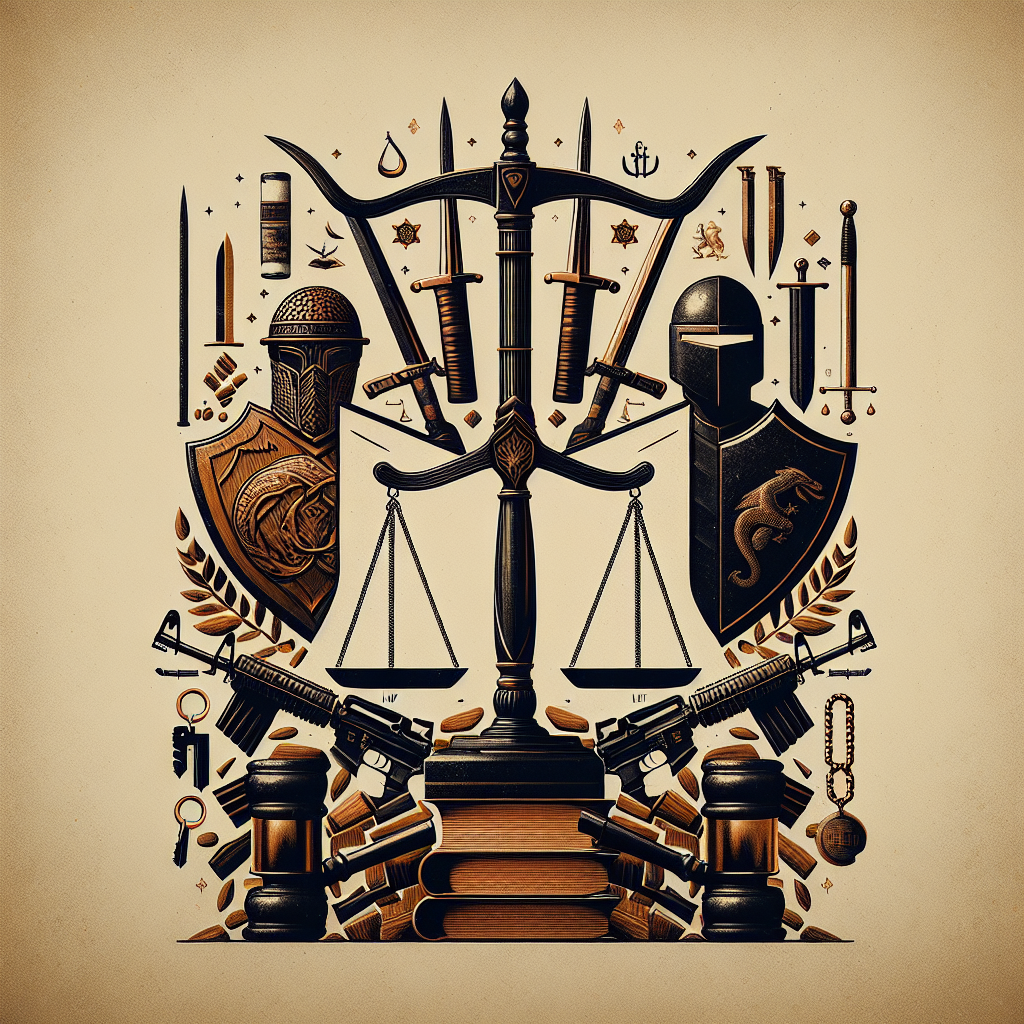The article criticizes the influence of “Lawfare” in American politics, specifically targeting figures within the Democratic Party, particularly Marc Elias, who is portrayed as the architect behind significant manipulations of election laws. The term “Lawfare” is used to describe the strategic use of legal systems and principles to achieve political objectives, often at the expense of genuine democratic processes. The piece claims that Elias, with a history tied to the RussiaGate narrative, has profoundly impacted election integrity by promoting changes that facilitate fraud, such as mass mail-in voting and ballot harvesting. The author asserts that these maneuvers have resulted in Americans losing faith in their electoral system, establishing a narrative that Democrats are orchestrating chaos under the guise of legal processes.
As the discourse around the 2020 election continues to resonate, the article recounts how Elias and his affiliates managed to dismiss numerous lawsuits that sought to contest the legitimacy of election outcomes, citing a lack of legal standing rather than addressing the merits of the claims. This overshadows the concerns people have regarding the integrity of elections. The implication is that the legal frameworks and protections designed to uphold democratic values have been twisted to suppress dissent and maintain the status quo fostered by those in power. Furthermore, in anticipation of the 2024 elections, it is claimed that Elias’s actions aim to accommodate illegal voting practices that further blur the lines of legitimate electoral participation.
Additionally, the article introduces the “65 Project,” a Democratic initiative intending to disbar lawyers who raise challenges to election results. The project is presented as a method to protect democracy, yet the author critiques its wording and intent, arguing that it seeks to delegitimize any inquiry into election misconduct by framing such inquiries as part of a “Big Lie.” The author equates this rhetorical strategy to classic manipulative tactics meant to intimidate and silence opponents. By invoking concepts such as the “Big Lie,” the Democratic Party is accused of weaponizing language to quash legitimate debate and transparency in voting, portraying any skepticism about electoral integrity as illegitimate and nefarious.
The article expresses deep concern regarding the broader implications of these developments for American society, arguing that the deterioration of language and legal principles serves as a catalyst for a national identity crisis. It suggests that a disconnect has emerged, where increasingly accepted norms result in the trivialization of significant issues like crime and identity, which distract from pressing societal challenges. The narrative suggests a rise in lawlessness and the erosion of civil discourse, contributing to a public that may struggle to understand or engage with complex political realities due to a dilapidated sense of justice and morality, driven by a powerful elite manipulating the legal system for gain.
In a controversial twist, the article connects the rise of antisemitism in the contemporary political landscape with the actions of prominent Jewish lawyers involved in “Lawfare.” This claim raises questions about motivations and broader socioeconomic themes, suggesting that the tactics used are contributing to a backlash that unwittingly endangers the Jewish community, emphasizing that their actions are damaging the reputation and safety of American Jews as a whole. The author implies that these figures are not only participants in a misled legal effort but also actors risking the coherence of the Jewish identity in America through their alignment with political agendas viewed as harmful to national cohesion.
Ultimately, the article calls for a reassessment and reformation of the legal strategies employed in political realms, urging for accountability and the protection of actual democratic practices rather than their perversion. It advocates for confronting the systemic issues arising from the misuse of legal systems while suggesting that grassroots movements and public awareness may be fundamental in countering the pervasive influence of “Lawfare” as outlined by the author. Asserting that preserving the integrity of elections and the legal frameworks surrounding them is vital for the future of American democracy, the article frames the ongoing debates as essential to reclaiming authority over the national narrative and the moral compass of society.

